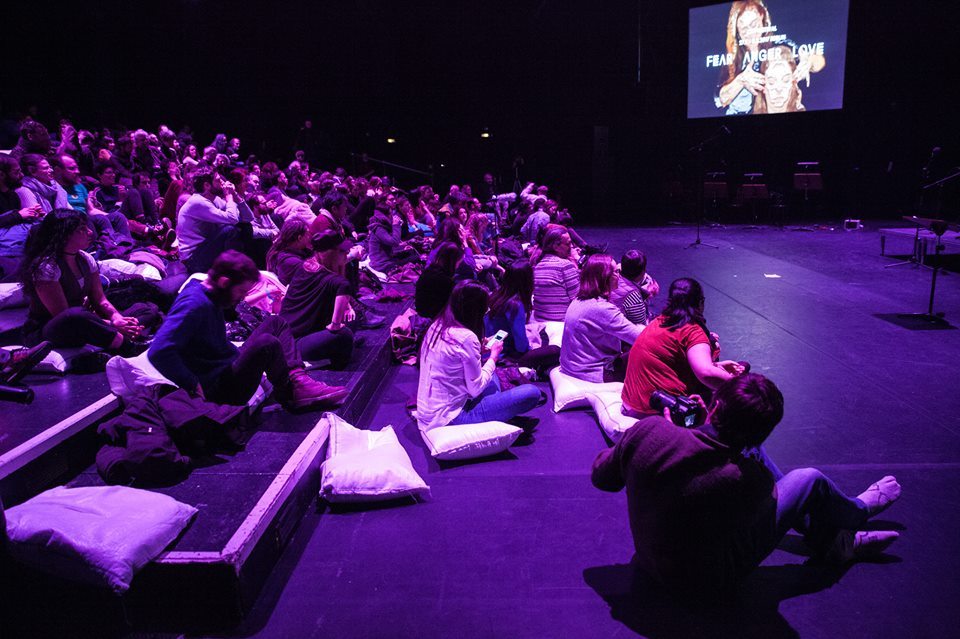Written by:
Simona Mantarlian
Share article:
General context
The exploration of emotions in relation to music was a macro topic of CTM and, given the quantum nature of the subject, it took ten packed days of hard work to glimpse at objective and subjective answers, as well as more questions to be asked. How does this particular new field of research yield a better understanding of our relation to cutting edge music? How do we create a mental mapping of our own emotions as relating to music as well as a terminology to talk about it? And what better context could facilitate the experience of said sounds if not Berlin’s biggest feast of advanced club sound and electronic breakthrough?
As a general context, we know that emotions gained more importance lately, and not just in theory. Ever since the 2000s, business bestsellers like Malcolm Gladwell’s Blink: The Power of Thinking without Thinking (2005) have challenged the market’s tendency of treating the humans it addresses like strictly logical, soulless mechanisms. A modern psychologist coined the syntagm “intellectual alibi” to describe our tendency to ignore emotions, since it doesn’t always feel as controlled and predictable to work with them. Still, our brain is rationalizing constantly decisions we already made on emotional grounds, which we are most likely not aware of. Facial expression analysis software has proven previous market research obsolete, and found the answers about why businesses with the best logical premise to succeed still fail, once the emotional factor is ignored.
On the holistic side, the spiritual community digs into shadow work – the process of accepting and integrating our negative emotions lovingly, as a response to mental health industry’s biggest myth, that of force medicating humans to the point of feeling how they “are supposed to” feel. We live in a world that constantly invalidates emotions, yet where emotions have become the universal token. And some things learned while attending the panels organized by CTM advocated a need for consciousness and understanding of the modern battlefield which our internal and external emotional life may be.

